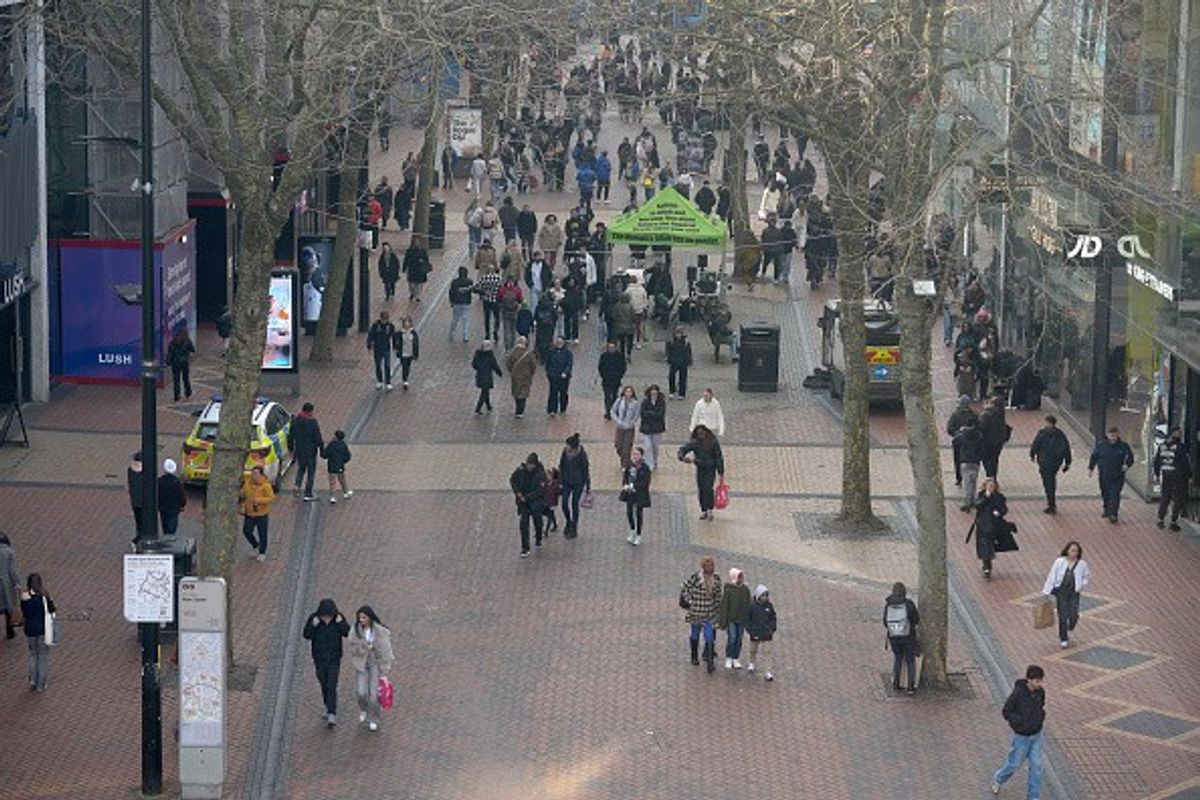Footfall in February remained somewhat stable, notes a recent report, showing a considerable rise observed after the post-Christmas lull with Valentine's Day emerging as the key contributor.
MRI Software’s latest retail footfall data for February revealed a minor dip of -0.3 per cent compared to February 2024 across all UK retail destinations, driven by a -1.5 per cent decline in high street activity.
This annual fall reflects historical trends for February but may have been compounded this year by a particularly severe flu season, ongoing travel disruptions, and the arrival of Storm Herminia; all of which created further obstacles in driving retail and office-based footfall.
Shopping centres and retail parks bucked the trend recording rises of +0.2 per cent and +1.9 per cent, respectively, and continues to reinforce the benefits of enclosed retail destinations.
Despite these challenges, February’s month-on-month footfall provided welcome relief.
Total footfall rose by +7.3 per cent from January as the retail sector moved past the traditional post-Christmas lull.
Key events including the February half-term holiday provided a boost for physical retail destinations, particularly shopping centres and high streets where footfall jumped by +9 per cent and +11.6 per cent, respectively, from the previous week.
Valentine's Day was also another key contributor as footfall rose by +22.3 per cent in all UK retail destinations on this day alone compared to the week before; this was led by a +27.1 per cent rise in high streets, a +15.4 per cent uplift in retail parks, and +18.9 per cent in shopping centres.
Year on year, retail park growth was particularly strong from 5pm-11pm with footfall rising by +20.4 per cent in comparison to the same time period on Valentine's Day last year.
Looking ahead, there is cautious optimism among retailers. MRI Software’s weekly Insights from the Inside survey revealed that 55 per cent of retailers saw stronger sales during February’s half-term break compared to last year.
However, the outlook for March is more reserved, with 58 per cent of retailers expecting lower sales than in 2024 likely due to the later timing of Easter, which shifts key spending into April.
As the sector prepares for the upcoming Spring Budget, attention is turning to how financial policies may further influence consumer confidence and retail spending. Potential changes in tax, public spending, and household support will be closely monitored for its impact on disposable income and retail demand in the months ahead.


